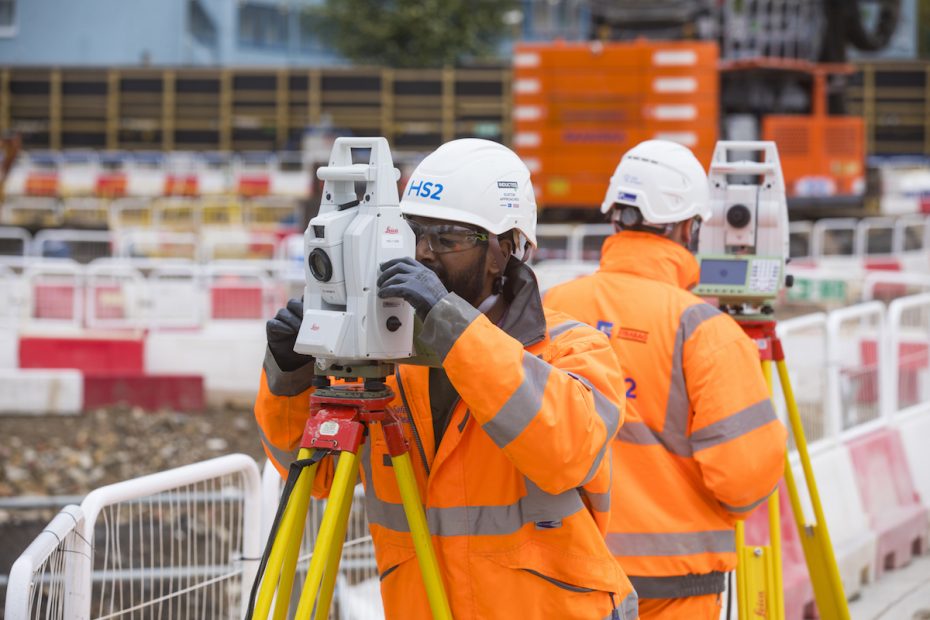First published 13th July, by Transport Infrastructure News.
Promoters of new transport schemes must do more to articulate the wider societal benefits of their proposals, the chief executive of the Infrastructure & Projects Authority has said.
Nick Smallwood told a roundtable chaired by Transport Minister Trudy Harrison on Wednesday: “One of the key lessons we are learning on those projects that are truly successful is they are very clear on the outcomes and what success looks like.”
Rather than just focusing on building a railway from one place to another, for instance, the reasons for doing so must be made clearer, he continued, such as the economic growth potential and opportunities for promoting connectivity with active modes of travel.
Nick Smallwood
Nick added that society will not simply “accept what we have always done” when it comes to new projects and will expect schemes to come with biodiversity and net zero plans.
He also said that if advocates of transport schemes are not articulating everything they are going to do early on, “you will get late changes, frustrated customers, frustrated citizens and probably get planning challenges.
“It is incumbent on us to really reset how we are going to do some of these highly complex projects,” he continued. “I look at HS2 and it is a fabulous project, but they have totally undersold the good things – and that message is missing in the public eye.
“So we have got to do more in setting out what are the outcomes in the broadest possible sense from the get-go.” In his experience, Nick added, this will lead to a transport infrastructure build being “quicker, faster, better and greener”.
Trudy Harrison MP
Transport Minister Trudy Harrison concurred that some major projects have been undersold and that only now the added benefits are being understood, such as creating apprenticeship opportunities.
The roundtable was held to discuss the benefits of industry collaboration and modern methods of construction and was hosted by the Transport Infrastructure Efficiency Strategy ‘Living Lab’ consortium.
Also addressing the roundtable was Network Rail director Christian Irwin. All too often, he said, the focus of schemes can be on physical infrastructure such as how many bridges are needed, the total length of track, or how much ballast is required. Instead, there needs to be a shift of mindset towards the outcomes that are trying to be achieved.
He gave an example of the Dartmoor Line reopening last year. “The specification there was how do we reconnect a lost community and provide economic growth. That was the challenge and that made us think differently: not thinking about this as an infrastructure project, but as a community development project.”
Mark Reynolds
The meeting also heard from Construction Leadership Council co-chair Mark Reynolds. He too spoke of the importance of recognising exactly why an infrastructure project is needed.
Speaking about High Speed 2, he asked whether the shorter journey time the railway promises to Birmingham had really been the best ‘sell’ for the scheme. Instead, the line is about “generating regeneration across the country” he said, something that was not realised at the start. “We started off with the wrong ‘why’,” he added.
Mark went on to say that collaboration between companies in a supply chain “only works” when “the flow of money and the flow of risk” is fully understood. He added that transport “is fighting for funding” from Government and is probably “third or fourth in line” behind energy security and housing.
“If you don’t recognise the value you can offer, then you are going to be in trouble. My advice is to champion what you are doing.”
Institution of Civil Engineers president Ed McCann spoke of the importance of keeping members of the public fully involved in transport proposals. He suggested that “the UK population thinks that infrastructure is done to them, not for them and God forbid with them – and we have to completely turn that around.”
He added that the sector must communicate to the wider public “consistently, clearly and honestly” about its transport proposals.
Then there is the “us”, he added; “we have got to rewire the professional classes”. Many people working in the sector, he went on, need a “reboot” to ensure they are focused on emerging themes as well as “continuous improvement, using techniques and technologies to increase efficiency”.
Link to article on Transport Infrastructure News, click here.
